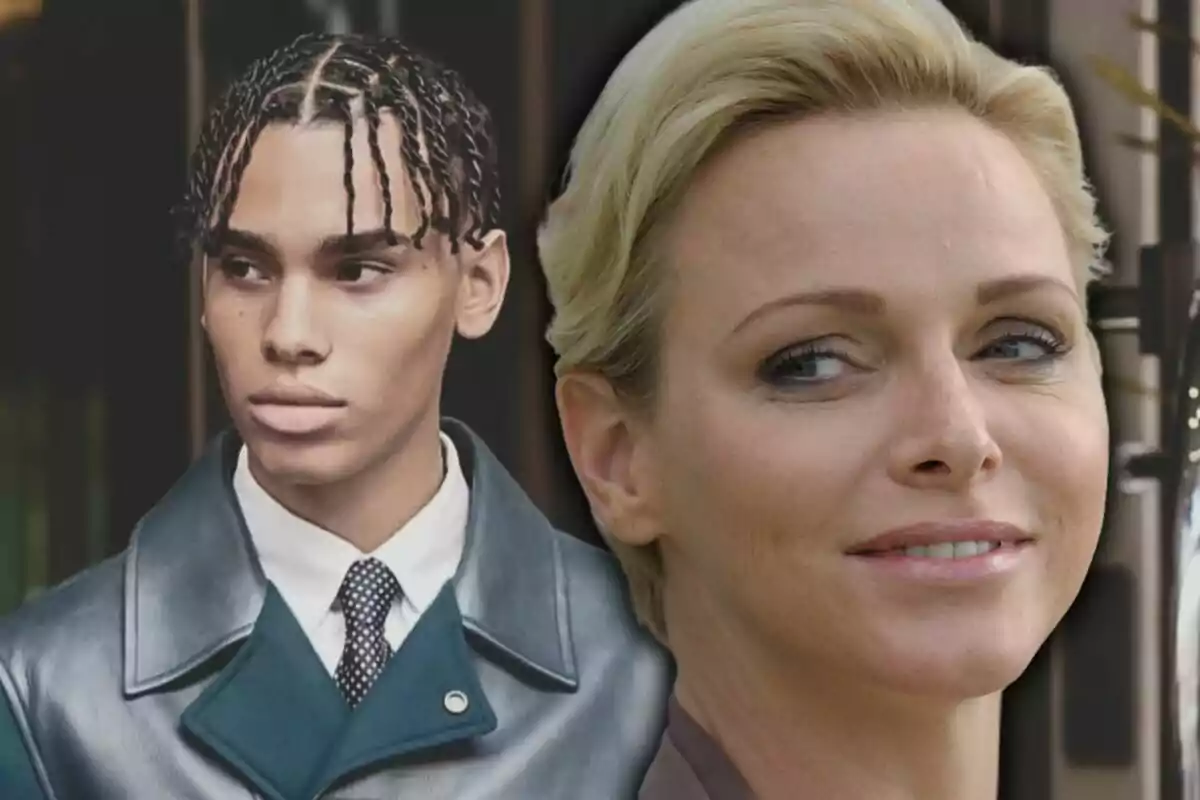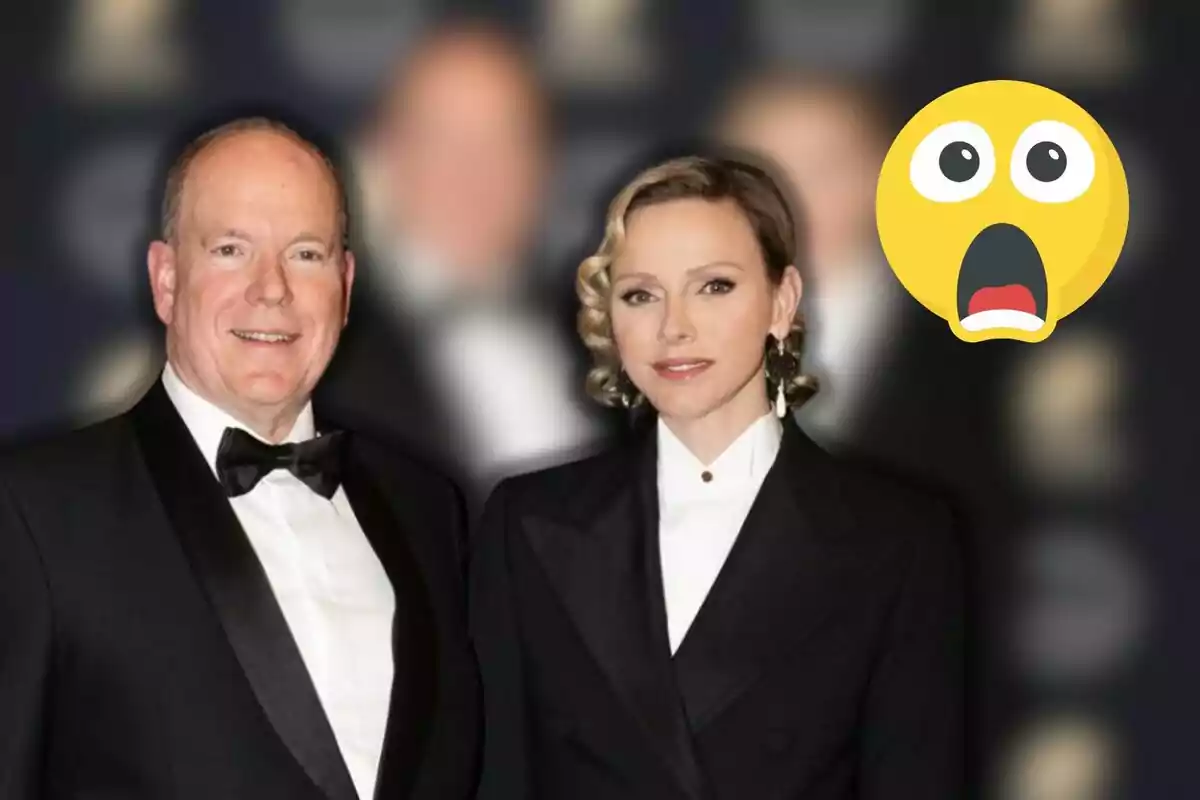The Monegasque family is making headlines again. Charlene of Monaco and Prince Albert have made a gesture that hasn't gone unnoticed. Moreover, it has surely left Alexandre Grimaldi, one of the sovereign's illegitimate children, speechless.
The reason is none other than the different way they've treated the young man compared to the twins Jacques and Gabriella. The couple's public behavior in the past few hours has caused surprise and comments throughout the principality.

Alexandre Grimaldi encounters an unexpected gesture from Charlene of Monaco and Prince Albert
Charlene of Monaco and Prince Albert got married in 2011, and as a result of that relationship, the twins Jacques and Gabriella were born in 2014. However, he has two older illegitimate children whom he has acknowledged: Jazmin Grace and Alexandre Grimaldi. Meanwhile, the latter has been left stunned by the behavior his father and his father's wife showed him a few hours ago.
Yesterday, August 24, the young man celebrated his 24th birthday. It was a special date, but what he found was an emptiness he didn't expect. The Monegasque sovereigns didn't use the principality's official social media to publicly congratulate him.
What's striking is that with Jacques and Gabriella, the children born from that marriage, the situation is always different. Every year, they receive public messages from their parents that acknowledge their birthdays on the institutional platforms.

This contrast has sparked a major debate. While the twins receive visible recognition, Alexandre doesn't get the same treatment. The difference has made it clear that not all the sovereign's descendants enjoy the same consideration in the public sphere.
The silence surrounding his birthday hasn't gone unnoticed. On social media, many users are commenting on the topic, surprised by the lack of even a minimal gesture toward the young man. For him, the situation must have been especially shocking.
Charlene of Monaco and the shadow over the illegitimate children
The difference in treatment doesn't seem to be accidental. According to various international media, Charlene of Monaco has never been comfortable with the public presence of Albert's illegitimate children. She believes that giving them visibility could affect Jacques's position as heir to the throne and that of his sister Gabriella.
This approach would explain why neither she nor her husband chose to congratulate Alexandre in the public sphere. The princess's priority would be to reinforce the role of her twins as central figures in the succession and the image of the principality.
It should be remembered that the Monegasque prince acknowledged the young man and his sister Jazmin Grace in the past. Both live their lives far from official duties, but they are an indisputable part of the sovereign's personal history.

What happened on this last birthday has made it clear, once again, that the recognition isn't the same. The young man, despite bearing the Grimaldi surname and being Albert's son, doesn't have a place in the same public narrative as his twin siblings.
The gesture, or rather the omission, has caused headlines in Europe. Not only because of the obvious difference in treatment, but also because it reflects the internal tensions in a family that, outwardly, tries to keep unity.
The background of a constant controversy
The Grimaldi family's history is full of episodes that mix tradition, scandals, and difficult decisions. Charlene of Monaco's role is key in the current stage of the principality. Her attitude toward her husband's illegitimate children has always been interpreted as distant and not very inclusive.
Some analysts point out that the princess seeks to protect Jacques and Gabriella from any possible shadow. She doesn't want the heir's place, in particular, to be affected by comparisons with Alexandre or Jazmin. The line of succession, for her, must remain intact and without cracks.

Others, however, believe that the silence on the young man's birthday shows a lack of sensitivity. They argue that a public gesture wouldn't diminish the twins' importance and, instead, would show a more open and conciliatory image of the princely family.
What is clear is that Alexandre, at 24 years old, has had a bitter experience. He expected a recognition that never came and that, instead, his younger siblings receive year after year. A fact that has left him speechless and has reinforced the perception of unequal treatment.

